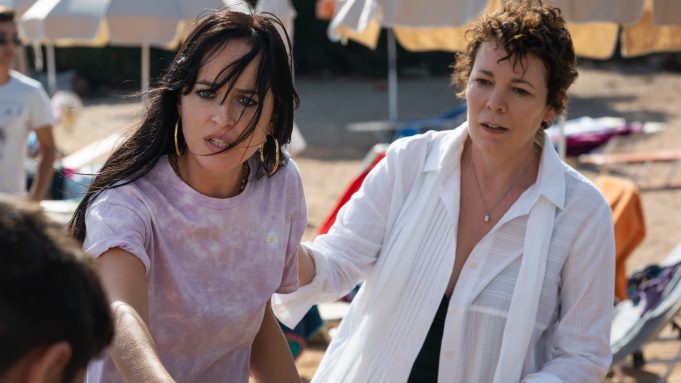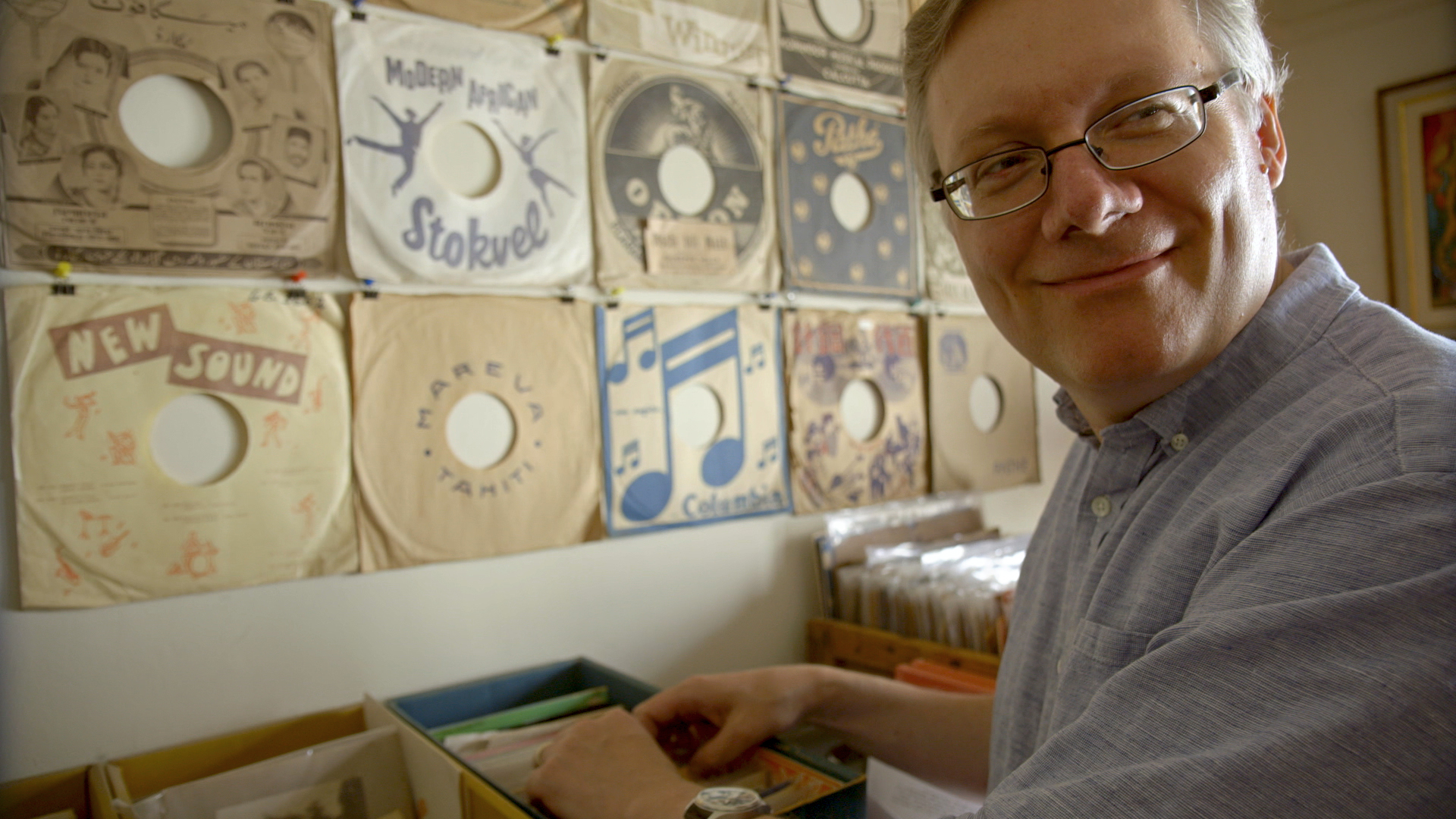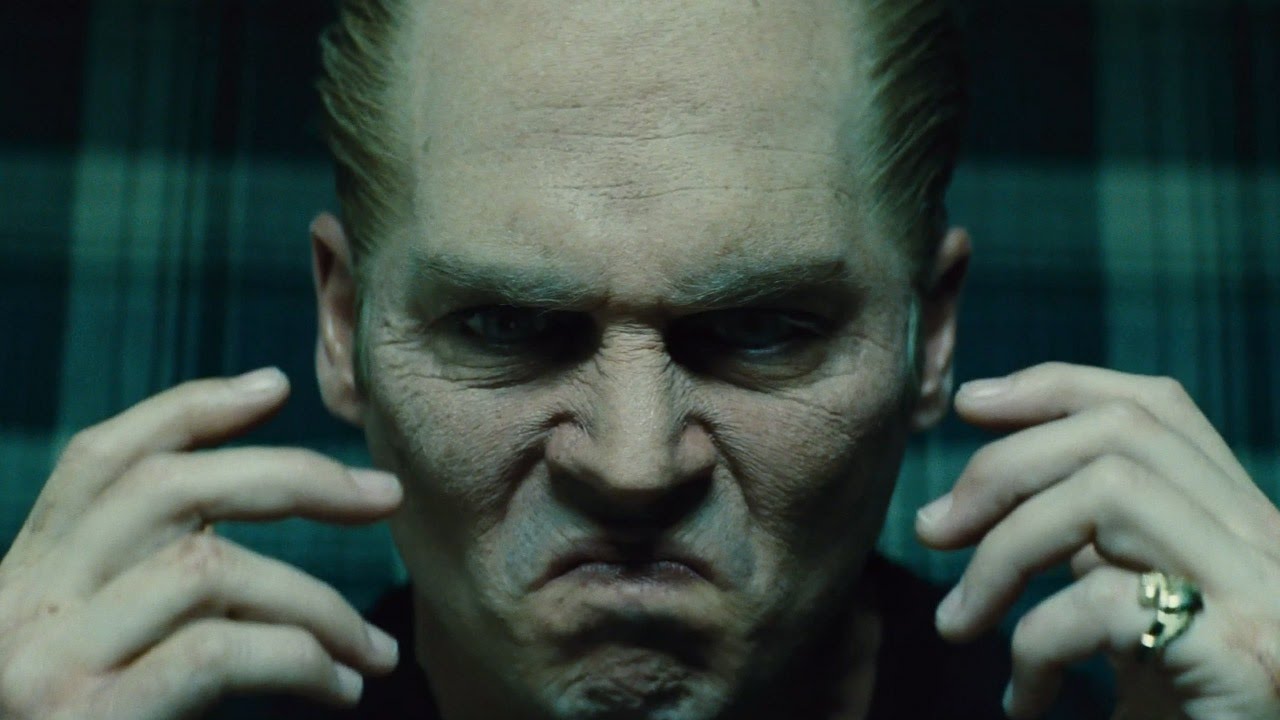
A lot of people are going to leave the cinema or turn away from their home theater after seeing The Lost Daughter feeling unsettled. Maggie Gyllenhaal’s screenwriting and directorial feature debut elicits visceral feelings, some of them unpleasant. She would probably say that’s one of the points of her psychological drama, which she adapted from the novel by Elena Ferrante. The story centers on Leda Caruso (Olivia Colman, spectacular as always) who goes on a seaside vacation, only to become obsessed with young mother Nina (Dakota Johnson) and her toddler-aged daughter. Her fascination with the two brings back memories of her own life as a stressed-out, overextended, and largely unhappy young mother (played in flashbacks by Jessie Buckley).
Where I saw it at the Middleburg Film Festival, I was struck by, after the end, how many complete strangers from the audience vehemently expressed their dislike of The Lost Daughter to me. “The lead character is completely unlikeable”, “That woman was a hot mess”, “I hated nearly everyone in the movie”, “That movie made me incredibly uncomfortable”, they variously said. Exactly. Why do we endlessly embrace male antiheroes (Tony Montana, I’m looking at you) onscreen, but women in general, and mothers in particular have to, at least in one part of their lives, qualify for sainthood to be appreciated in cinema? Gyllenhaal is asking why motherhood is so sacred that any woman who finds herself lacking effectively deserves our scorn and rejection. Society tells us we, as women who procreate, must be beatific and full of grace through months of sleepless nights, or, if blessed with kids close to each other in age, revolving temper tantrums. Those who don’t want children are seen as less than, or judged. Meanwhile, as exampled by the male characters in the film, men often come and go as they please in the name of their careers, leaving the lion’s share of parenting up to their wives or partners. Why isn’t that pissing these viewers off at least as much as a woman unsuccessfully trying to navigate her life as the mother she probably shouldn’t have been in the first place?
The film is visually luxurious, filmed as it is on location in the gorgeous island of Spetses, near Athens, Greece. The shots as Leda drives down the coast offer a beautiful respite from the mix of depression and ever-increasing tension the character is feeling. There are a number of metaphors used in the storytelling, especially as it relates to a doll lost by Nina’s daughter. Be prepared for an ‘ewwww, gross’ moment or two.
For the entire review, go to AWFJ.org HERE.



